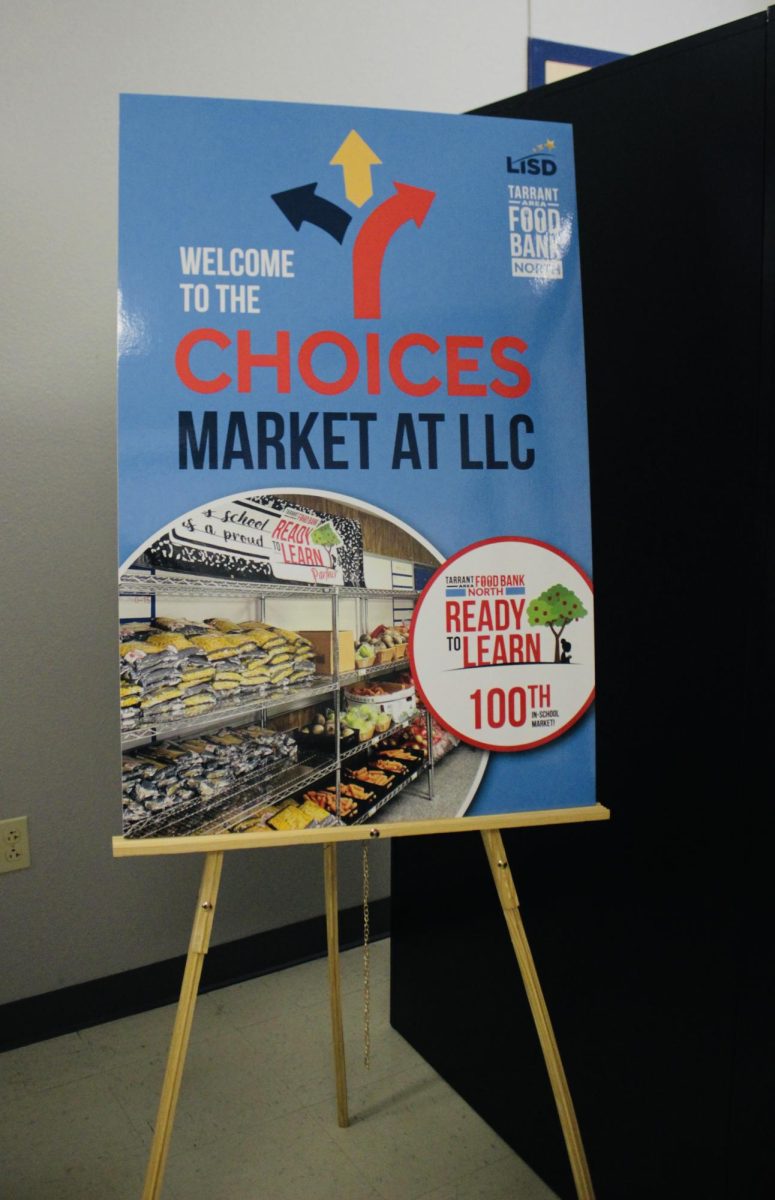Six years ago, curbside recycling coordinator for the school, Leeanne Hargrove, started the first curbside recycling event. That first year, almost $10,000 was raised for the school. Now, curbside recycling has become a major event two or three times a year for students and people from as far as Dallas and Fort Worth to donate used electronics and miscellaneous items.
When Hargrove first began working in the copy center, she said she noticed that nothing was being recycled. Using the company Bubb Fundraising, Hargrove began recycling used ink cartridges, and when she realized that the company took even more items, she began curbside recycling events.
“I always used to say we take everything but the kitchen sink,” Hargrove said. “This last time they took a three-hole kitchen sink. So when it blows your slogan by having them actually take a three-hole kitchen sink, you know they take pretty much anything.”
At curbside recycling, students and staff members volunteer to collect items dropped off by people around the community. They take items from used electronics to used clothing. The recyclable items are then compiled in the back of collection trucks provided by Bubb Fundraising and taken to the recycler, where a check for the items is written for the school.
“I take the check and give it to Mr. Shafferman to use wherever he sees the biggest need in the school that we weren’t funded for,” Hargrove said.
Curbside Recycling events occur three Saturdays every school year from 8 a.m. to 2 p.m. On average, curbside raises from $6,000 to $10,000 per year for the school. In the past, the money has been donated to the art department for a new kiln and towards new technology for the school. On site at the event, students are given an opportunity to purchase any recycled items. Some items are even donated to the school, like aquariums for aquatics classrooms.
Senior Emily Dombrowski said she volunteers at curbside recycling events to log hours for honor societies. She said she likes seeing all the different electronics people drop-off.
“They always give you something to do,” Dombrowski said. “You’re not just standing around the whole time. There’s always stuff to just sort or put in the truck or clean up. They keep you busy.”





